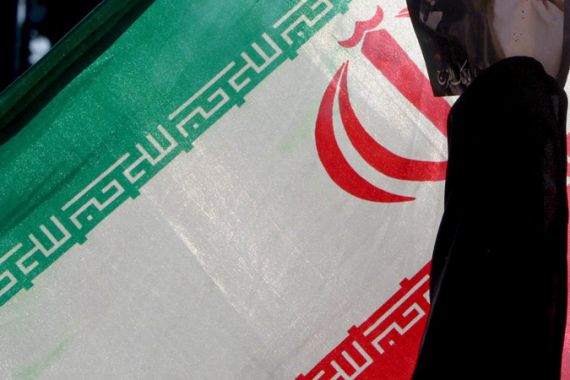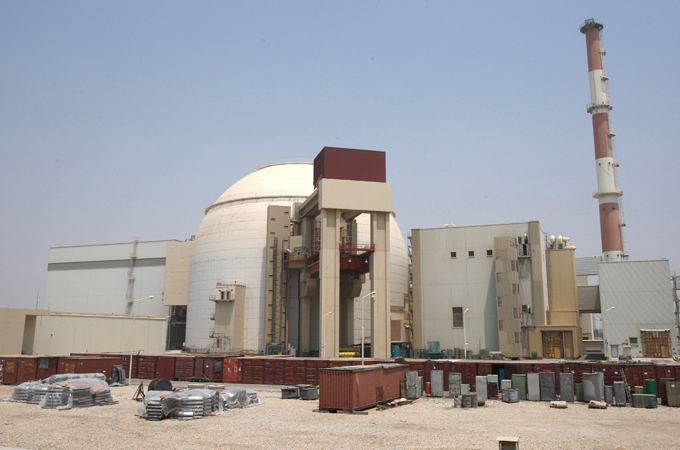Iran says ‘Mossad spy’ hanged
Two men executed, one convicted of working for Mossad, the Israeli intelligence, the other for being an “enemy of God”.

 |
| Iran has arrested several people suspected of spying on the country’s nuclear facilities in recent months [File: EPA] |
An Iranian convicted of spying for Israel has been hanged, according to IRNA, the official Iranian news agency.
The report identified the man as Ali Akbar Siadati and said he was hanged in Tehran’s Evin prison on Tuesday.
Earlier in the week, Iran’s judiciary announced that a spy for Israel would be executed soon after an appeals court confirmed the man’s death sentence. It said the trial was held in the presence of his lawyer.
According to IRNA, Siadati began his alleged espionage activities in 2004 and was arrested in 2008 while planning to flee Iran.
He was accused of providing Israel with classified information on Iran’s military capabilities – including details about military manoeuvres, operational jet fighters, military flights, air crashes and missiles.
Al Jazeera’s Alireza Ronaghi, reporting from Tehran, said a prosecutors statement also accused Siadati of transmitting classified information about Iran’s army parades, war games and location of army bases.
“At least in two of those issues, there isn’t much of a secret, because army parades are usually shown live on state television,” he said.
“Whatever it is, it’s going to add another case to the large file in the intelligence war between Iran and Israel.”
Punishable by death
There were no details on whether Siadati was a government employee or how he obtained the classified information.
| Accused of spying | ||||||||||||
|
He allegedly met Israeli intelligence agents during trips to Turkey, Thailand and the Netherlands.
The report also said he had confessed to providing confidential information in return for $60,000, and to receiving up to $7,000 in every meeting with Israeli handlers.
There was no immediate comment on the execution from officials in Israel. Espionage is punishable by death under Iranian law.
Iran’s PressTV reported that another man, Ali Saremi, was also hanged on Tuesday.
Saremi was accused of being a member of the Mojahedineh Khlaq Organisation (MKO) and served several jail sentences over the past 30 years.
He was found guilty of being a mohareb – an “enemy of God”. Following the contested 2009 presidential elections in the country, several journalists, political campaigners and human rights activists have faced the same charge.
Iran periodically announces the arrests of people suspected of spying for Israel or the US.
Spying and espionage carry heavy prison sentences and are considered capital crimes in Iran, which faces increased pressure from the West over its controversial nuclear programme that Israel, the US and others contend is intended for nuclear weapons making.
Iran denies the charge, insisting the programme is for peaceful purposes only, such as generating power.
With a cyber attack on its nuclear reactor in September as well as the mysterious deaths and disappearances of several of scientists linked to the nuclear project, the Iranian government is on high alert for security breaches while continuing to clamp down on the opposition movement within the country.
Israel, which has nuclear weapons, considers Iran a strategic threat because of its nuclear programme and missiles, and has said it prefers to resolve the issue through diplomatic means although it has not taken a military operation off the table.